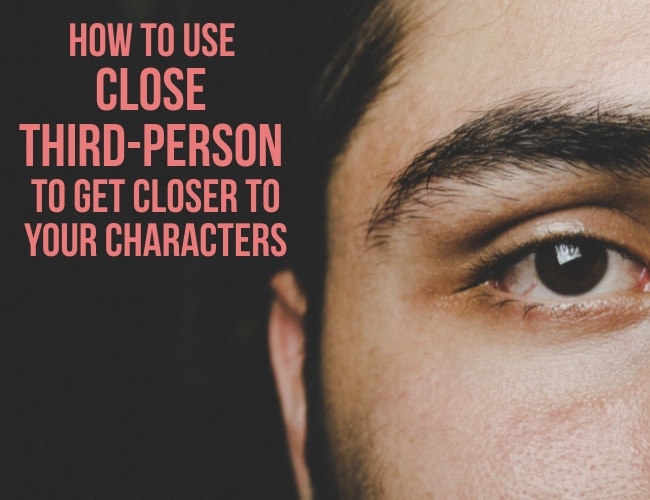
by Liz Bureman |
When I was in high school, a drama teacher that I had my sophomore year made everyone in my class keep a journal. He kept them in his office, but never read them, and we would write every morning we had class. Some of us took the exercise more seriously than others (there was a minimum three line requirement), but after that year, he gave us the notebooks to keep. I had enjoyed journaling so much that I continued.
It was a great way for me to get my thoughts recorded, although it wasn’t the prettiest writing I’ve ever done. If you’re looking for an alternative way to tell a story, there are a couple reasons to try a diary or epistolary format.

by The Magic Violinist |
With the divisiveness we’ve experienced this election season, I thought we could all use an article about understanding one another. Studies have shown that reading stories allows us to be more empathetic. We learn all sorts of new things from reading and “meet” different characters we then come to understand through their thoughts and actions.
This happens naturally, but there are a few extra steps you can take to create more empathy in your writing that will not only help you understand your characters better, but will also help you to better understand the people around you.

by Guest Blogger |
Close Third-Person is important tool to have in your kit. This is a chance for the reader to become intimate with the characters. And if done correctly, you can enter the natural vernacular seamlessly.





